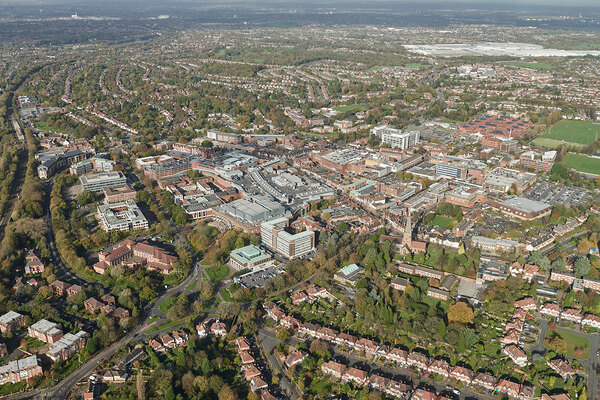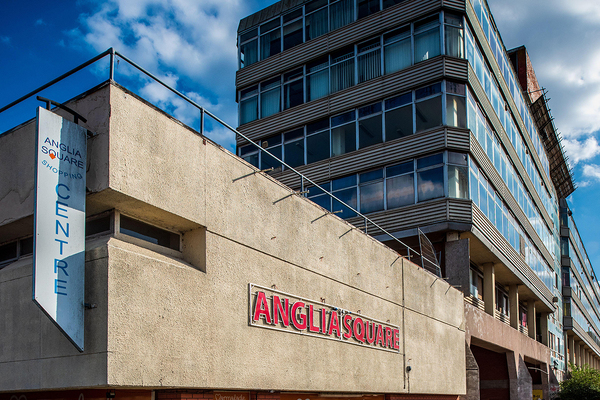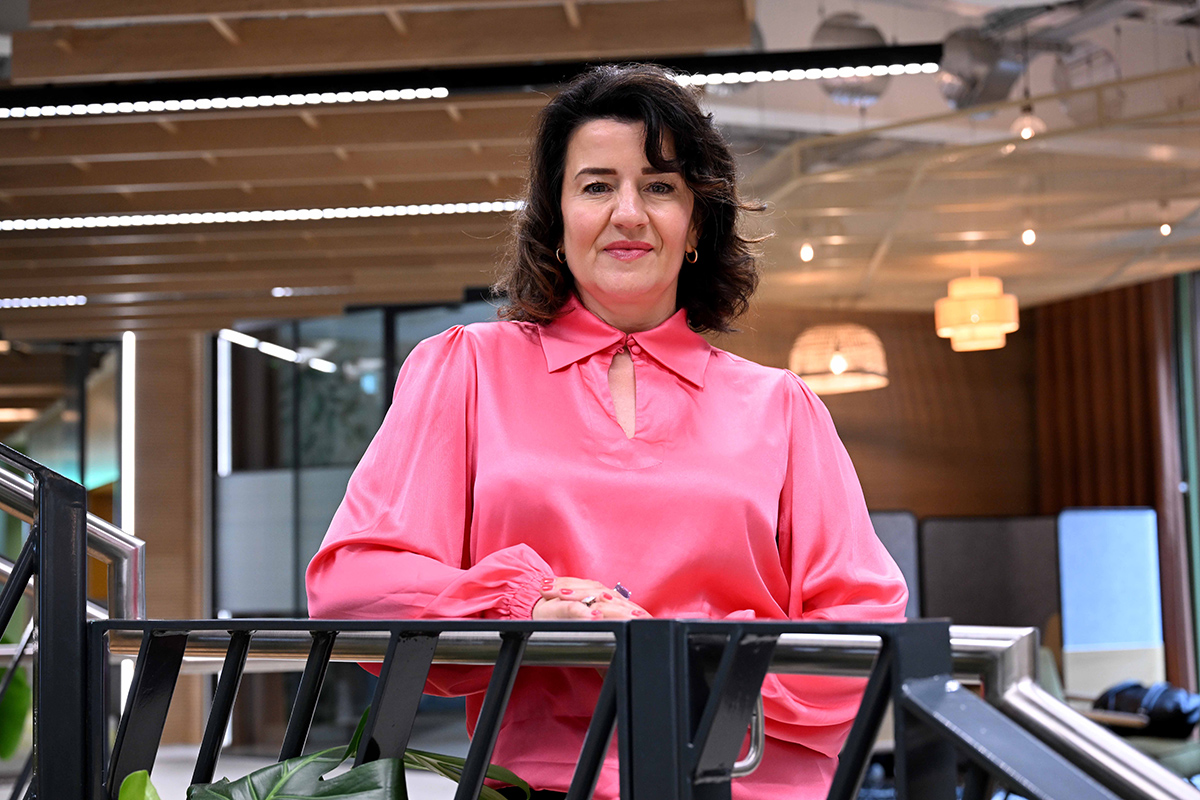You are viewing 1 of your 1 free articles
Unsold shared ownership homes at major landlord rise 163%
The number of unsold shared ownership homes at Midlands-based Platform increased by 163% in the first quarter of this year.
Platform revealed the increase in its latest quarterly trading update for the period up until the end of June this year.
The large Midlands-based landlord had 166 unsold shared ownership properties in this period, compared with 63 for the comparable time last year, a 163% rise.
The landlord put the increase down to a larger number of acquisitions from house builders, for which marketing can only start after the handover, which means the selling times were extended for these homes.
Selling times excluding these homes remained consistent, said Platform. The landlord maintains that demand for the product has remained robust generally, and it has experienced no significant pressure on prices.
Of the 166 unsold homes, 97 were reserved for purchase.
Turnover from shared ownership first tranche sales was down 9.6% to £6.6m. This was in part due to timing, as stringent handover control checks delayed units coming into management, which pushed revenues back.
The number of shared ownership sales in this period totalled 60 homes.
At the same time, turnover and completions both improved in the first quarter of this year, despite cost increase requests from contractors on fixed-price contracts.
Platform, which owns and manages more than 48,000 homes across the region, said it completed 289 new homes in the quarter, compared with 209 in the same period last year.
Of these, 79 were built for social rent, 71 for affordable rent and 139 for shared ownership. All new homes developed had an Energy Performance Certificate (EPC) rating of Band B and above.
The landlord’s quarterly update said: “The development programme was impacted by rising costs in the quarter, which particularly affected contractors, but because the majority of development contracts are on a fixed-price basis, there was less direct financial impact on Platform.
“Cost increase requests for schemes on site have been received from some contractors and, in a small number of cases, Platform is increasing payments where it is advantageous to do so.”
However, the landlord said that some of these cost increases had been mitigated by higher grant rates provided by Homes England.
The speed of development continued to be affected by resourcing challenges in local authorities, the landlord added, which have caused delays to planning, highways and building-control agreements and certification.
Total turnover increased by 10.4% to £80.4m, which was driven by growth in social housing lettings turnover, which increased by 11.2% to £68.5m. This was due to inflationary rental increases and a year-on-year increase in social housing units.
The landlord’s overall net surplus after tax, which incorporates interest costs, was £10.8m, in comparison with £13.9m the previous year. This was due to lower surpluses on fixed asset sales (£2.4m) and operating surpluses (£2.3m), net of lower net interest costs (£1.6m).
Gearing increased slightly to 44.7% in the last year, as large cash balances (following bond issuances) were deployed to fund development, maintenance and sustainability expenditures.
Its interest cover ratio was 217%, well above the landlord’s target minimum of 120%.
Looking ahead, Platform expects its turnover to continue to grow as a result of the 7% rent cap and new units coming into management.
Projected completions for the year to March 2024 are up on the previous year, at around 1,300 homes, with a further 1,500 homes expected to start on site.
Elizabeth Froude, chief executive of Platform, said: “It is early in the financial year and our current margins are lower than the full-year expectations. In addition to the increased investment in our existing homes, responsive repairs levels remain high and are utilising higher levels of subcontracted labour than would be considered our standard operating model.
“This was anticipated last year, at which time we started a sizeable recruitment campaign, which is onboarding a growing number of trades operatives to our already sizeable in-house maintenance business, which will see costs on repairs come down over the rest of the year as we transition out of the reliance on external contractors.
“Whilst our sales numbers, which are all shared ownership homes, are slightly lower than last year, they continue at a steady rate, and some of the delay in handovers is due to us setting a lower tolerance on defects at handover, again for the benefit of our customers.”
Sign up for our development and finance newsletter
Already have an account? Click here to manage your newsletters












